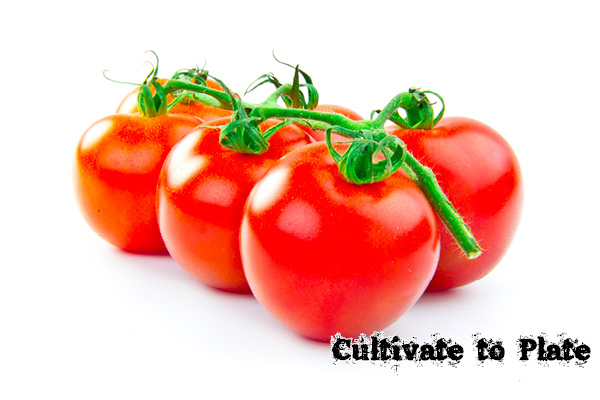The Interesting Case From 1893 Supreme Court Making Tomatoes Legally a Fruit
Have you ever wondered how the tomato ended up being classified as a vegetable over a fruit? An interesting article from the Washington Post brought up the Supreme Court case, Nix v. Hedden. The case involved unpaid duties on imported tomatoes from the West Indies. The importer protested the tax based on the fact that the tomatoes are botanically a fruit. The tomato-as-vegetable ruling ended up being law, as it is how the tomato is ultimately used that defines the classification.
If you want to read about the case in depth, it is presented on FindLaw.com NIX vs HEDDEN case. United States Supreme Court -NIX v. HEDDEN, (1893), No. 137, Decided: May 10, 1893.
From the judgement:
Botanically speaking, tomatoes are the fruit of a vine, just as are cucumbers, squashes, beans, and peas. But in the common language of the people, whether sellers or consumers of provisions, all these are vegetables which are grown in kitchen gardens, and which, whether eaten cooked or raw, are, like potatoes, carrots, parsnips, turnips, beets, cauliflower, cabbage, celery, and lettuce, usually served at dinner in, with, or after the soup, fish, or meats which constitute the principal part of the repast, and not, like fruits generally, as dessert.

You must be logged in to post a comment.